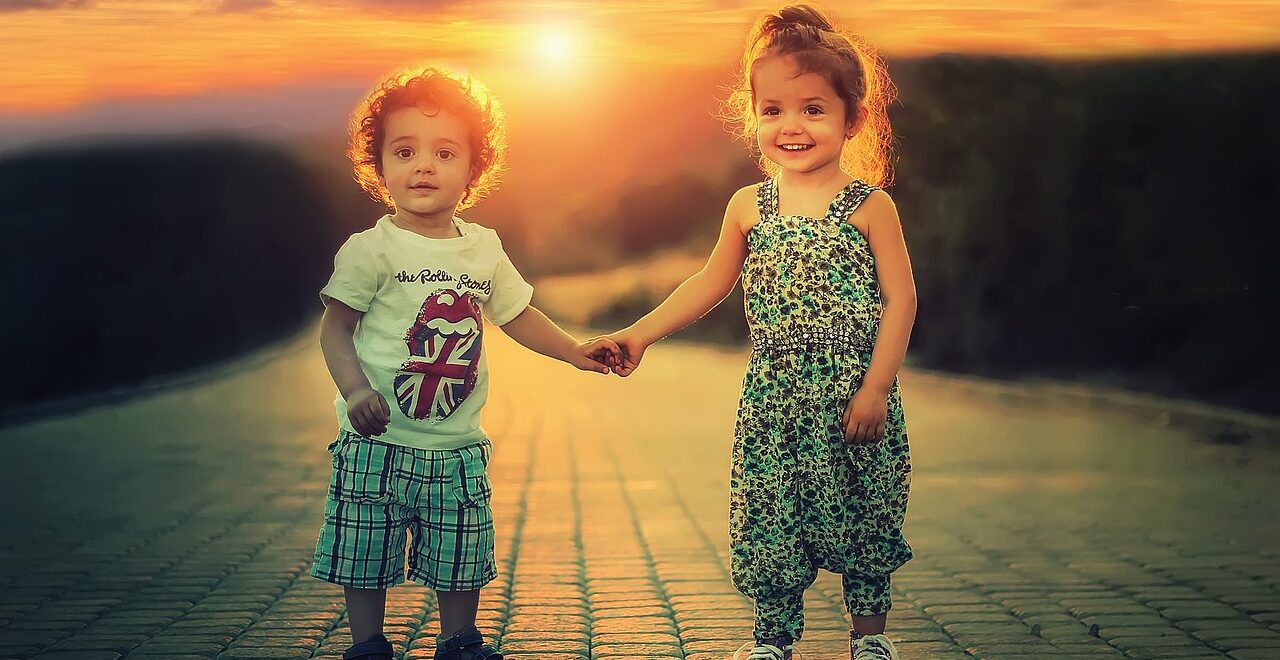Summary
Children deserve to rekindle the pain they have without their loved ones, this blog summarizes that!
The hard fact of kids growing up without parents due to prison time is a horrible feeling coming from someone who understands well.
When parents get locked up, whatever footprint they leave behind has a major impact on their children’s mental health, stability, and overall growth. Kids growing up without parents is hard enough.
This blog aims to shine light on the challenges that children with parents in prison face, and additionally highlight the importance of creating systems of support and interventions that develop resilience, support healing, and work to break the cycle of generational incarceration.
Children who witness a parent being arrested and put in prison often feel intense emotions such as sadness, embarrassment misunderstandings, and a deep feeling of abandonment.
A sudden break in the relationship between parents and children can cause mood swings, behavioral problems, and difficulties in developing healthy relationships.
To conquer these challenges, we must provide these children with access to support groups, therapy, and mentorship programs that build expression, develop ways to cope, and bring back a feeling of stability in their lives.
A child’s education struggles greatly when a parent is in prison.
These children experience obstacles in their schoolwork, low motivation, and a lack of support to meet their needs in school.
In order to close the gaps and ensure that all kids have equal chances for quality education, we must provide educational assistance such as guidance, mentoring, and after-school programs.
Raising educator awareness and introducing the above may lead to a more helpful learning environment.
Children who have parents in prison/jail are more likely to continue the cycle of criminal activity and end up with prison time in their own lives.
Cutting the pattern of crime requires actions that tackle the root problems of criminal behavior, such as financial hardship, drug use, and a lack of opportunities.
By offering positive role models, guidance programs, and educational opportunities to these children, they can be encouraged to make healthier choices, cut free from a pattern of generational confinement, and go after promising futures.
Children with parents in prison usually go to other family members or sadly get put into foster cares.
These caregivers play an important role in providing these children with stability, nurturing, and guidance though.
It is important to offer these caregivers with support services such as monetary help, and psychological support.
The caregivers are able to satisfy the needs of their children by offering a nurturing environment by improving the support system around them and having the funds to do so!
Regardless of the challenges faced, efforts must be made to safeguard and restore the bond between parents and children while incarcerated.
Within correctional facilities, programs like family visitation, parental education, and classes on parenting may improve communication, strengthen bonds, and make parents who are behind bars succeed in recovery upon release.
Helping the parents in their quest to build relationships with their kids benefits both the kid’s and the parent’s healing and well-being.
Kids dealing with life without their parents as a consequence of their parents’ actions face many obstacles that affect their psychological health, social stability, and possibilities for the future.
The world may inspire these kids to overcome challenges, develop perseverance, and go after successful and fulfilling lives by creating resources that are beneficial, giving educational help, carrying out measures to end generational “curses”, and building the bond between parents and children.
It is our collective responsibility to provide these vulnerable children with the support and tools they need to survive and live there best lives.

